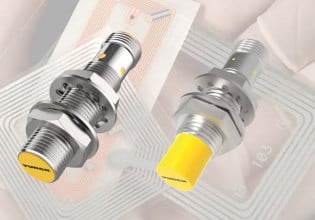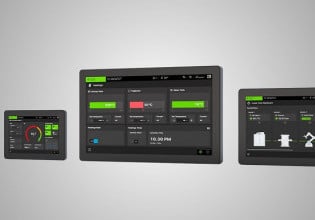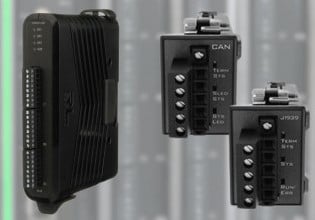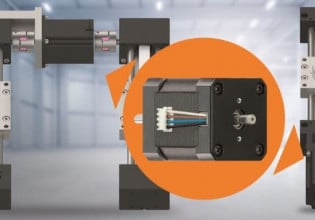J
Let me introduce myself, I am responsible of engineering department at Embedded Automation (www.embeddedautomation.com). I believe that LinuxPLC control engine should be based on the modern programming methods to differentiate it self from the traditional ladder logic PLCs. As you all know that it is extremely hard to find new programmers who want to program in ladder logic, if you find one they want to be paid lot higher. The success of this project is in the hands new generation of engineers and
programmers, it has to be very attractive for the new generation of control engineers. The old PLC programmer user will not use the LinuxPLC, so why
bother introducing it with ladder logic.
I propose that the low level of the Control Engine should be written in C and the application layer should support C, Java and flowcharting languages. Having a common library for PID loops, alarms, timers, etc will help.
I am setting up a test bench with our EA2000 running SST DeviceNet talking to Wago I/Os. EA2000 is an embedded logic controller based on Intel Pentium with local and sensor bus I/Os, go to our web sight for more detail. Sooner any one have the code available, fire it my way and we will test it out.
JB Golee - Surrey, BC, Canada 604-543-9701
[email protected]
_______________________________________________
LinuxPLC mailing list
[email protected]
http://linuxplc.org/mailman/listinfo/linuxplc
programmers, it has to be very attractive for the new generation of control engineers. The old PLC programmer user will not use the LinuxPLC, so why
bother introducing it with ladder logic.
I propose that the low level of the Control Engine should be written in C and the application layer should support C, Java and flowcharting languages. Having a common library for PID loops, alarms, timers, etc will help.
I am setting up a test bench with our EA2000 running SST DeviceNet talking to Wago I/Os. EA2000 is an embedded logic controller based on Intel Pentium with local and sensor bus I/Os, go to our web sight for more detail. Sooner any one have the code available, fire it my way and we will test it out.
JB Golee - Surrey, BC, Canada 604-543-9701
[email protected]
_______________________________________________
LinuxPLC mailing list
[email protected]
http://linuxplc.org/mailman/listinfo/linuxplc






